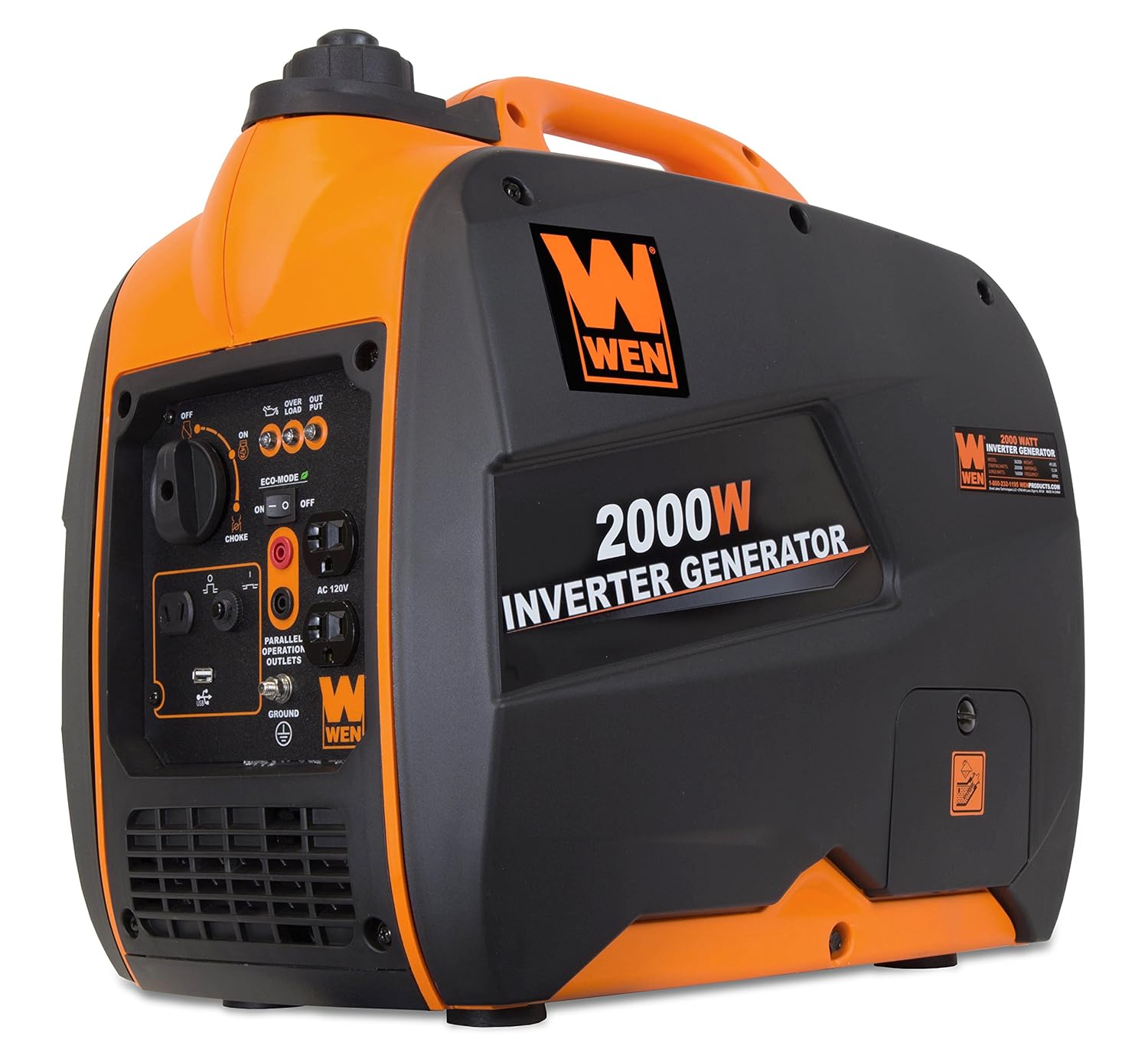Thanks for the quick reply! After you talking about the size of the boiler, I went to an online calculator and with the approximate square footage to heat (there's some rooms that aren't in the 3 zones) being 1500, that means the recommended BTUs would be 66,000. Definitely around half the output of the one we have installed. Trust me, this is just a taste of the headache the previous owners left us with, but I digress...
It's running 3 Taco 007-F5 circulators, each rated at 115V/0.71A. I don't know how often they're running, but if they were constantly going (unlikely) that means a power draw of under 245W.
To your best guess, what would you rate the max power draw of the boiler itself? I can plan for worst-case and be pleasantly surprised at any excess I end up with.
That has to be the world's crappiest online load calculator. A boiler output of 66K for 1500 square feet is 44 BTU per square foot of conditioned space, which is the approximate heat load ratio of 1500' tent at 0F. Heat load is not a function of the conditioned floor area- it's all about the exterior surfaces of the building, the thermal conductivity of the materials, and the air leakage/ventilation rates.
Most tight, insulated 1500' homes (even 2x4/R13 homes with only R19 in the attic) will have a heat load ratio of less than 30,000 BTU, many will be under 25,000 BTU/hr. A 1500' current code min (2x6/R20 w/R49 in the attic and U0.32 windows) will usually be under 20,000 BTU/hr, unless overventilated without benefit of heat recovery ventilation.
As a point of reference: My 2x4 framed sub-code 1920s bungalow with 2400' of above grade living space (plus 1600' of insulated basement that never drops below 65F in winter) comes in at just about 40,000 BTU/hr @ 0F. Your house would have to be the draftiest house in Haverhill to actually need 66,000BTU/hr of boiler output even at -10F.
If it doesn't already have a smart heat purging control (I haven't read the manual), at your 3-5x oversize factor it's probably worth investing in a retrofit heat purge controller, assuming you're going to keep the nearly-new boiler. If you're considering swapping it out for something more appropriate in the next few years, the retrofit controls money is better applied toward the boiler upgrade.
Regarding the power needed to run your heating system...
Y0u're looking at a continuous draw of more than 300 watts when all zones are calling for heat. Assuming a 10-15 % average duty cycle due to the ridiculous oversizing factor that's on the order of 10 kwh/day, which is a LOT of battery expense just for the once per decade storm event. The portable gas powered generator and an isolation switch to keep from backfeeding the grid is a lot cheaper to install, and can be sized to run all of the critical circuits in your house (boiler, refrigerator, etc.).
A friend of mine in Boylston MA is totally in the woods, and gets more frequent power outages than most. He invested in a propane powered 10Kw generator that automatically switches in when the power goes down. There are similar natural gas fired units out there that would cost substantially less than the amount of battery it would take to run just your heating system for a day. (They got to really popular items in NJ after Superstorm Sandy.)

